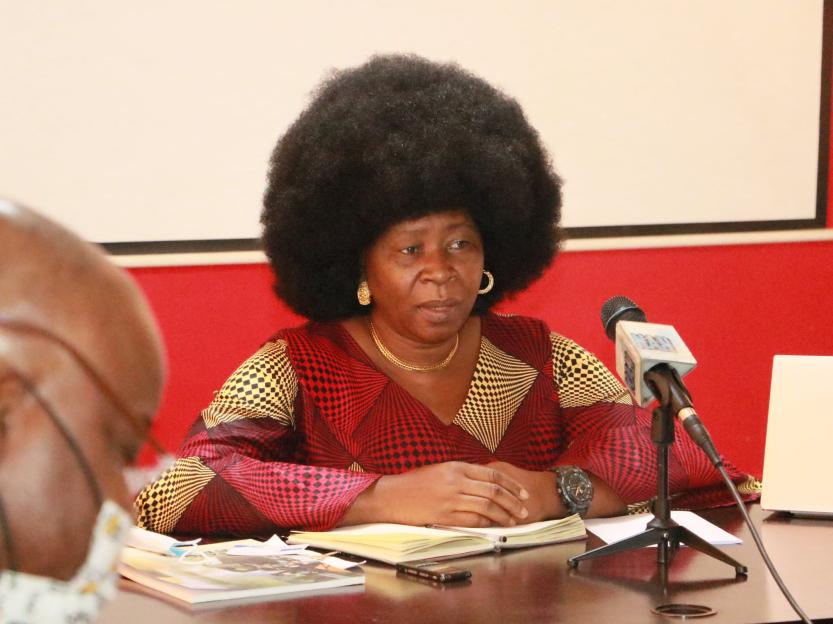Table of Contents
The World Bank has issued a warning that approximately 139 million Nigerians are currently living in poverty, despite some progress indicated by the government's recent economic reforms.
During the launch of the October 2025 Nigeria Development Update (NDU) report titled “From Policy to People: Bringing the Reform Gains Home” in Abuja, Mathew Verghis, the World Bank Country Director for Nigeria, stated that the government's efforts to stabilize the economy could be in vain if they do not result in tangible improvements in the lives of citizens.
Verghis commended the significant reforms in foreign exchange management and the elimination of fuel subsidies, describing them as critical measures that could transform Nigeria’s economy. He likened the current period of reform to the significant policy changes that revitalized India's economy in the early 1990s.
He noted that these reforms are already yielding early positive outcomes. Economic growth is on the rise, government revenues are increasing, debt conditions are improving, foreign reserves are growing, and the exchange rate market is becoming more stable. Additionally, inflation is gradually decreasing.
“These are substantial achievements, and many countries would be pleased to attain them,” he remarked.
However, Verghis cautioned that the majority of Nigerians have yet to experience the benefits of these favorable changes. He pointed out that poverty, which began to escalate in 2019 due to ineffective policies and external shocks like COVID-19, continues to rise despite the reforms.
“By 2025, we estimate that 139 million Nigerians will be living in poverty,” he stated. This figure has increased from 129 million in April 2025 and 87 million in 2023, indicating the challenging living conditions faced by many households.
The World Bank report outlined three urgent priorities for Nigeria to convert its policy gains into real advantages for its citizens:
Verghis emphasized that food inflation is the most pressing issue, as high prices negatively impact everyone—especially the poor—and could undermine support for reforms.
“Persistently high food prices could hinder recovery and erode confidence in reforms,” he warned.
While he praised the Central Bank of Nigeria for maintaining a stringent monetary policy and the government for its fiscal discipline, Verghis asserted that more action is necessary.
He urged the government to integrate monetary and fiscal measures with structural reforms to address long-standing issues in food production and distribution.
Additionally, he called on Nigeria to enhance its financial management systems and expand the national safety net to safeguard the most vulnerable citizens from the effects of economic adjustments.
Frequently Asked Questions
What is the current poverty rate in Nigeria according to the World Bank?
The World Bank estimates that approximately 139 million Nigerians are living in poverty as of 2025.
What economic reforms has the Nigerian government implemented?
The Nigerian government has implemented significant reforms in foreign exchange management and removed fuel subsidies.
What are the urgent priorities for Nigeria to improve its economic situation?
The World Bank report highlights the need for addressing food inflation, enhancing financial management systems, and expanding the national safety net.







